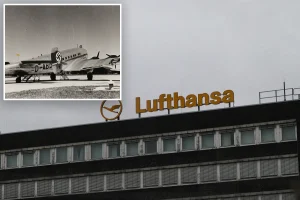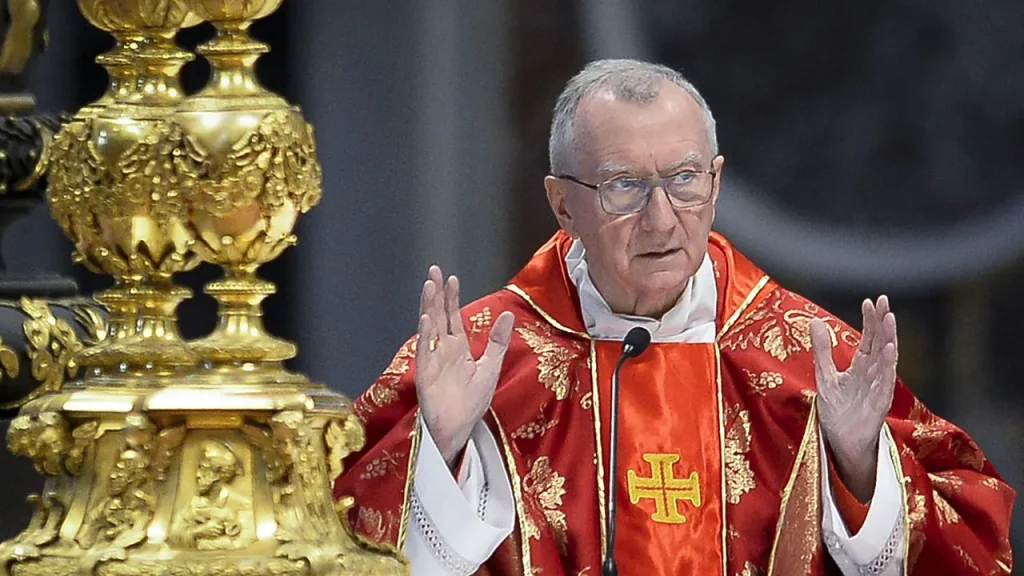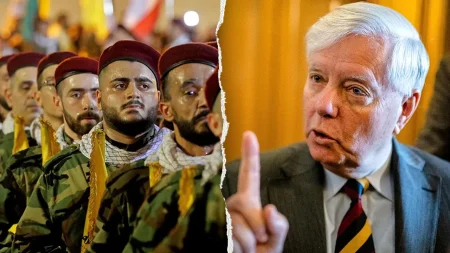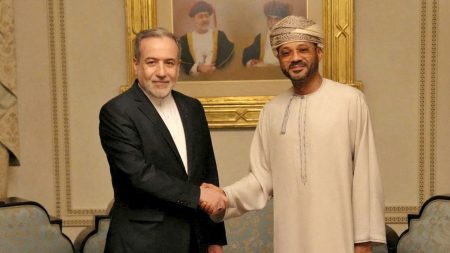Vatican’s Top Diplomat Condemns Both Hamas and Israel’s Response in Gaza Conflict
In a powerful statement marking the second anniversary of the October 7 Hamas attacks, Cardinal Pietro Parolin, the Vatican’s Secretary of State and one of Pope Leo XIV’s key advisers, has delivered a scathing critique of both parties in the ongoing Gaza conflict. Parolin didn’t mince words when describing Hamas’ initial assault as “inhuman and indefensible,” acknowledging the horrific toll of approximately 1,200 lives lost and 251 people taken hostage during the October 7 raid. Yet he balanced this condemnation with an equally forceful criticism of Israel’s military response, which he characterized as an “ongoing massacre” that has far exceeded the boundaries of proportional defense. This marks one of the Catholic Church’s most direct and unambiguous statements on the conflict, reflecting what appears to be a more assertive diplomatic stance under the leadership of Pope Leo XIV, who succeeded Pope Francis earlier this year.
The Cardinal directly challenged the justification for Israel’s extensive military campaign in Gaza, questioning whether legitimate self-defense can morally extend to actions that devastate civilian populations. “The war waged by the Israeli army to eliminate Hamas militants disregards the fact that it is targeting a largely defenseless population, already pushed to the brink, in an area where buildings and homes are reduced to rubble,” Parolin stated in his interview with Vatican media. His comments acknowledge Israel’s right to defend itself while firmly asserting that such defense must adhere to the principle of proportionality—a fundamental tenet of international humanitarian law that appears increasingly compromised as the conflict continues. With Hamas-run Gaza health authorities reporting over 67,000 deaths, predominantly civilians, the Cardinal’s words reflect growing international concern about the humanitarian catastrophe unfolding in the region.
Beyond criticizing the direct participants in the conflict, Parolin expressed profound disappointment with the global community’s ineffectiveness, particularly targeting influential nations that have failed to intervene decisively. “It is… clear that the international community is, unfortunately, powerless and that the countries truly capable of exerting influence have so far failed to act to stop the ongoing massacre,” he observed with evident frustration. The Cardinal reinforced his point by quoting Pope Leo’s July statement calling for adherence to humanitarian law, protection of civilians, and prohibitions against collective punishment, indiscriminate force, and forced population displacement. This rebuke represents a challenge not just to the warring parties but to powerful international actors whose inaction or limited intervention Parolin seems to view as a moral failure of global governance.
The Vatican diplomat went beyond rhetorical condemnation to question the ethics of nations that continue supplying weapons to the conflict zone while expressing concern about civilian casualties. “It’s not enough to say that what is happening is unacceptable and then continue to allow it to happen,” Parolin stated, directly challenging the contradiction between words and actions from international powers. “We must seriously ask ourselves about the legitimacy… of continuing to supply weapons that are being used against civilians.” This statement represents a significant escalation in the Vatican’s position, moving from general humanitarian concerns to specific criticism of military aid and arms transfers—a pointed message to Western nations that supply Israel with military equipment while simultaneously expressing concern about the civilian toll in Gaza.
Parolin’s remarks come amid a backdrop of deteriorating conditions in Gaza, including the July strike on the territory’s only Catholic Church that reportedly killed two people and injured several others. While Israeli Prime Minister Benjamin Netanyahu later attributed this to “stray ammunition,” the incident underscored the vulnerability of all civilians and institutions in the conflict zone. The Cardinal’s use of the term “massacre” aligns with assessments from numerous humanitarian organizations that have documented the collapse of Gaza’s civilian infrastructure, including medical facilities, water systems, and basic services. This terminology signals the Vatican’s growing impatience with diplomatic euphemisms that fail to acknowledge the severity of suffering on the ground, particularly among Gaza’s civilian population that has limited options for shelter or escape.
Despite his strong criticism of Israel’s military campaign, Parolin maintained balance by reiterating the Vatican’s demand for Hamas to release all remaining hostages, emphasizing that “those attacks were inhuman and indefensible.” His statement reflects the Church’s nuanced position that neither side’s suffering diminishes the legitimacy of the other’s—a moral stance that acknowledges the complex web of grievances, fear, and pain experienced by both Israelis and Palestinians. As European and global leaders face mounting pressure to move beyond expressions of concern to meaningful action, Parolin’s intervention represents a significant moral challenge from one of the world’s oldest diplomatic entities. The Cardinal’s comments ultimately serve as a reminder that religious and ethical considerations remain relevant in a conflict often framed in purely political or security terms, inviting a deeper reflection on the moral dimensions of warfare and the international community’s responsibilities toward civilian protection.















